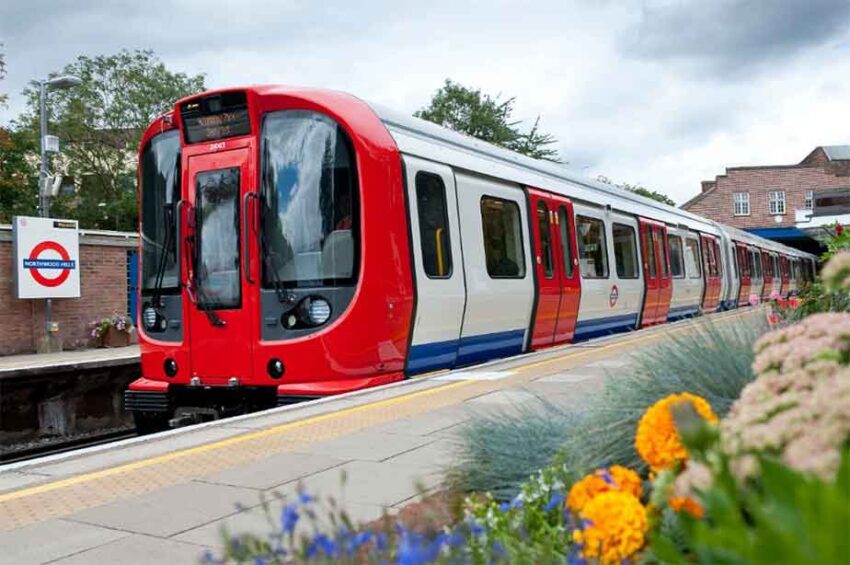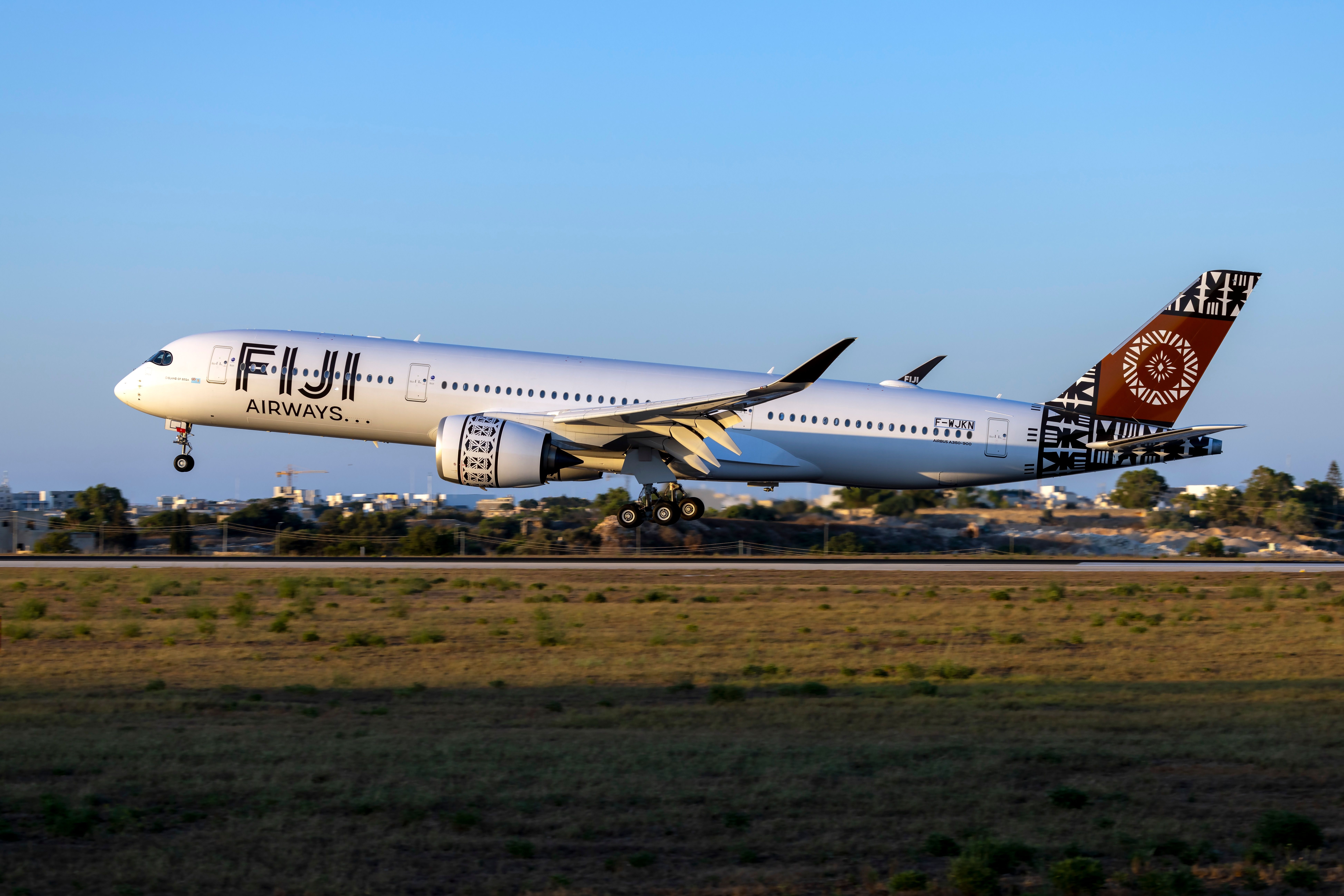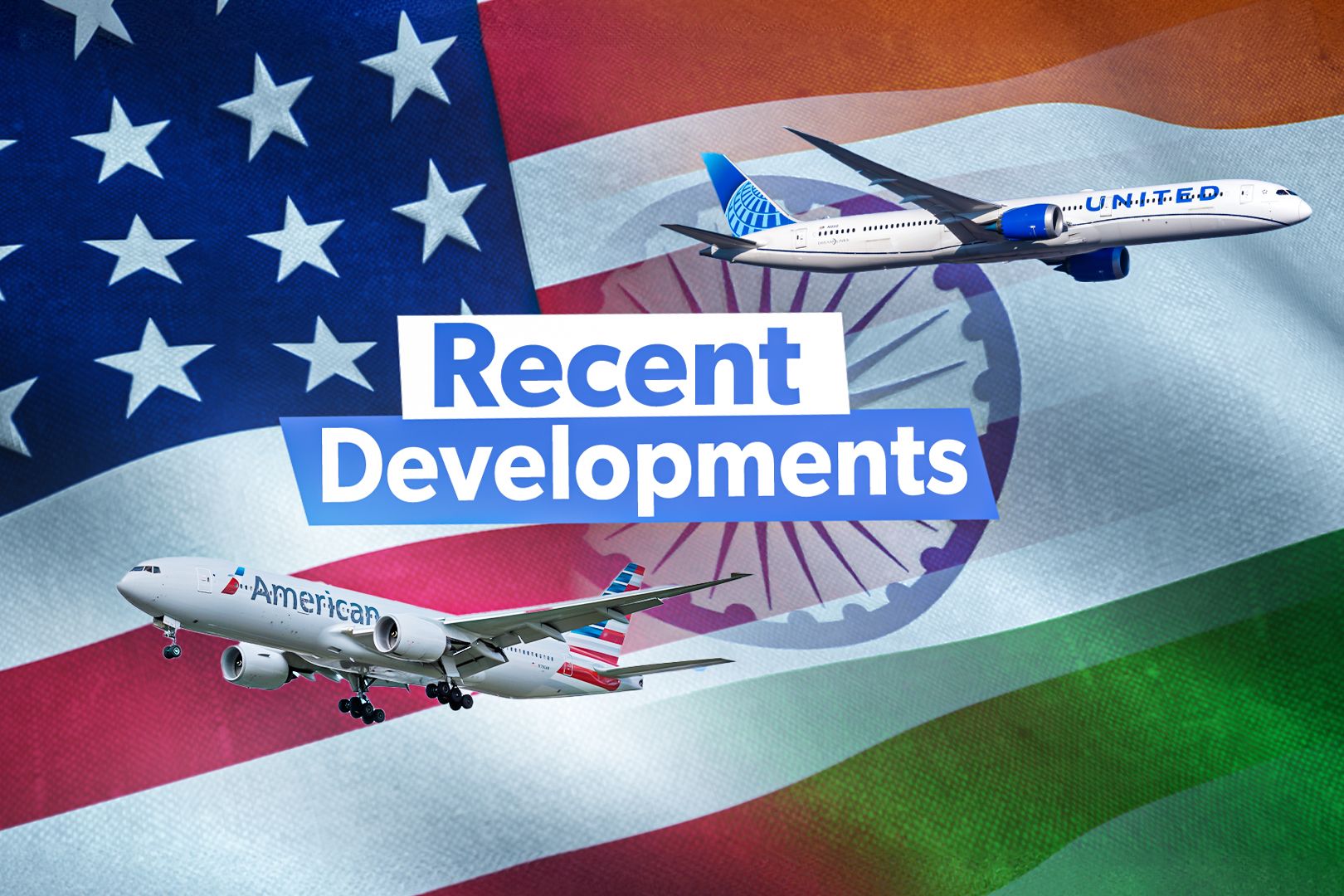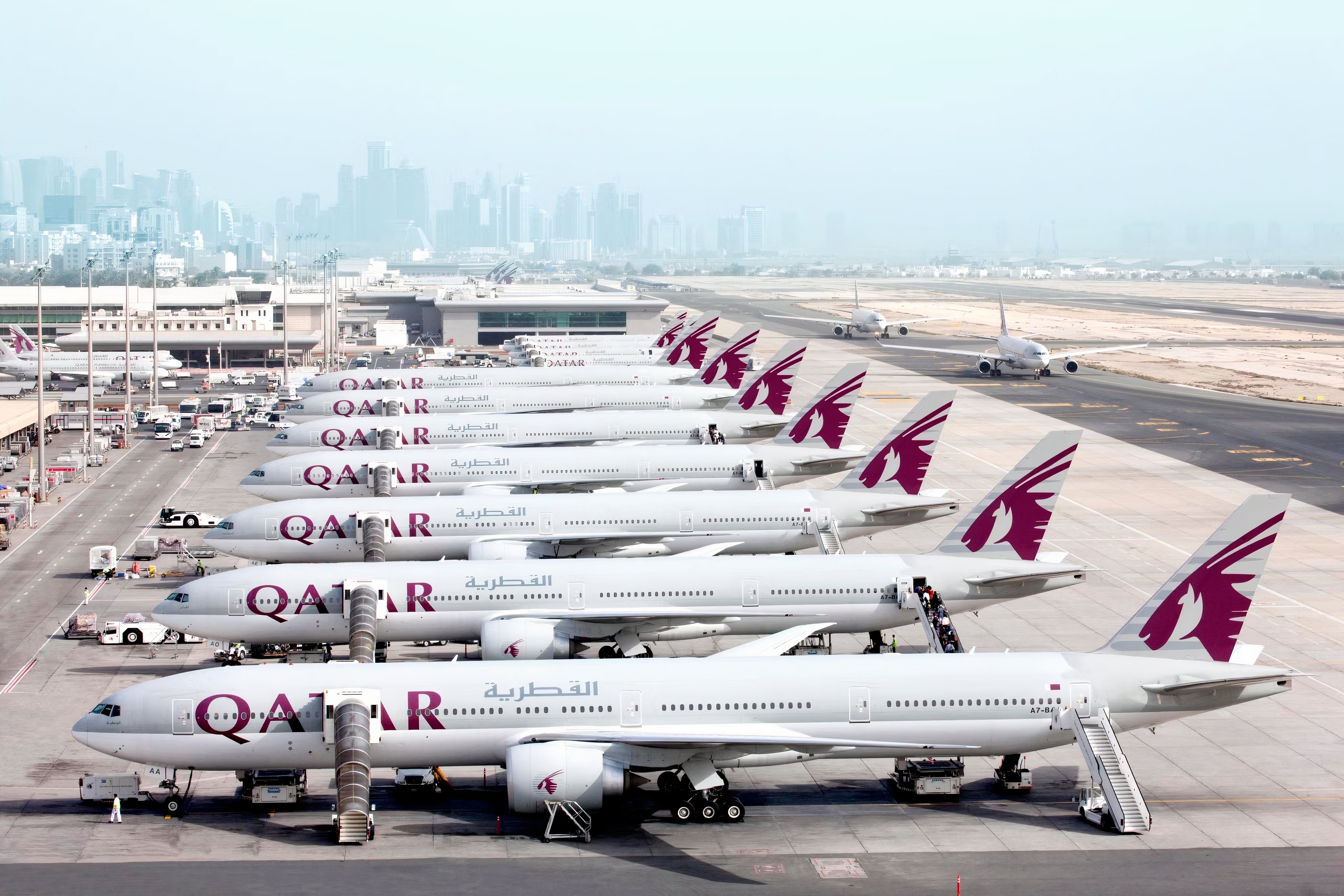Tuesday, August 20, 2024 The entire Victoria Line in London experienced a suspension during rush hour on Tuesday morning due to a casualty on the track, significantly impacting the city’s travel industry. This unexpected disruption led to widespread delays and inconveniences for thousands of commuters, highlighting the vulnerability of urban transit systems to such incidents. The effects of this suspension were felt not only by the commuters but also by the broader travel industry, which relies heavily on the smooth functioning of public transportation networks.
The suspension of the Victoria Line occurred shortly before 8 am, a critical time when thousands of Londoners depend on the underground to commute to work. This incident forced Transport for London (TfL) to halt services across the entire line, leaving commuters stranded and causing significant disruptions in their daily routines. The immediate response from TfL included advising passengers to use alternative transport options, such as London Buses, London Overground, Greater Anglia, Southeastern, and South Western Railway, which temporarily accepted Victoria Line tickets.

The impact of this suspension extends beyond the immediate inconvenience to commuters. For the travel industry, which includes not just daily commuters but also tourists and business travelers, the reliability of public transport is a key factor in planning and executing travel itineraries. Disruptions like this can lead to missed connections, delayed appointments, and a general sense of uncertainty, which can deter people from relying on public transit.
This, in turn, could have longer-term effects on the industry, as travelers might opt for alternative modes of transportation, such as private vehicles or ride-sharing services, potentially reducing the overall demand for public transit. In addition to the Victoria Line suspension, commuters in West London faced further challenges on Tuesday morning. A signal failure at Ealing Broadway caused a suspension of the District Line between Turnham Green and Ealing Broadway.
This added to the travel woes of those attempting to navigate the city during the rush hour. The signal failure, combined with the casualty on the Victoria Line, created a cascading effect of delays and disruptions across the city’s transport network. Such incidents underscore the importance of maintaining robust and resilient transport infrastructure, especially in a global city like London, where the travel industry plays a crucial role in the economy.
The ability of the travel industry to adapt to and recover from such disruptions is essential for maintaining the confidence of commuters and tourists alike. When multiple lines are affected simultaneously, the strain on alternative transport options increases, potentially leading to overcrowded buses, longer wait times, and heightened frustration among travelers. The suspension of the Victoria Line, along with the disruptions on the District Line, has implications not just for London’s travel industry but also for global travelers who depend on the city’s public transport system.
London is a major hub for international travel, and its public transportation network is a key component of the city’s appeal to both tourists and business travelers. When the reliability of this network is compromised, it can lead to a ripple effect that impacts global travel patterns. For instance, tourists who experience significant disruptions during their visit may reconsider future travel plans, opting for destinations with more reliable transportation systems.
Business travelers, who often rely on precise scheduling, may face missed meetings or appointments, leading to potential economic losses. Additionally, such incidents can influence the perception of London’s public transport system on a global scale, affecting its reputation as a world-class travel destination. Moreover, the frequent occurrence of such incidents could lead to increased pressure on TfL and other relevant authorities to invest in infrastructure upgrades and enhanced safety measures.
The travel industry, including airlines, hotels, and tour operators, may also need to adjust their operations to accommodate the potential for such disruptions, ensuring that their customers are provided with the necessary support and alternatives. The suspension of the Victoria Line due to a casualty on the track serves as a stark reminder of the importance of maintaining a resilient and reliable travel infrastructure in London. For the travel industry, both local and global, the ability to quickly adapt to and recover from such disruptions is crucial for ensuring the continued confidence of commuters and travelers.
As London continues to be a key destination for global travelers, the city’s ability to address and mitigate the effects of such incidents will be essential for sustaining its position as a world-leading travel hub..



















